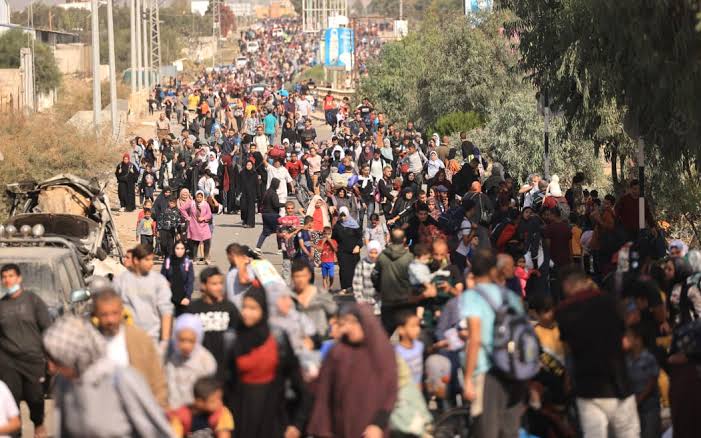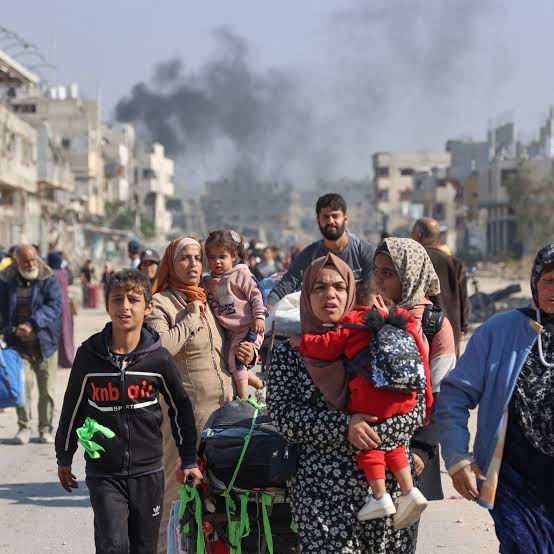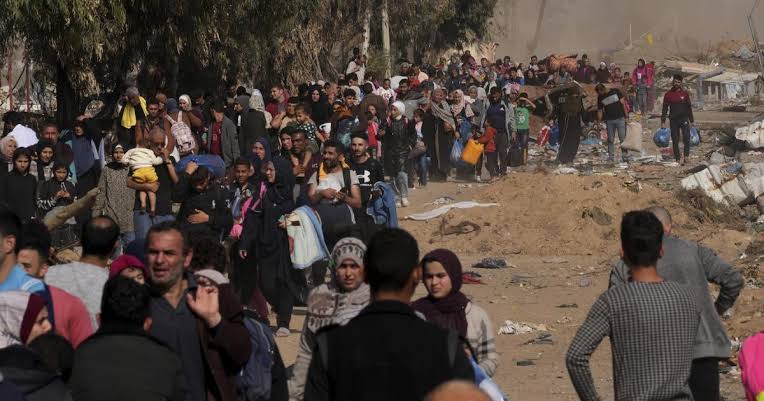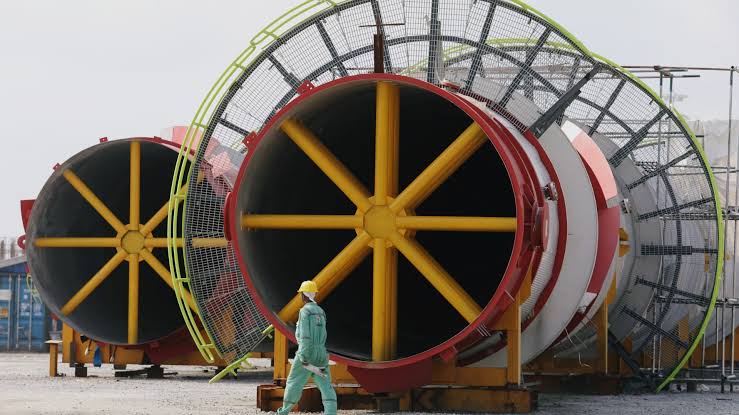
Faith Nyasuguta
Egypt’s foreign minister, Badr Abdelatty, has dismissed as ‘nonsense’ recent Israeli statements and actions that critics say amount to pressure on Palestinians to abandon their homes in Gaza. Speaking at a joint press conference with UNRWA Commissioner-General Philippe Lazzarini, Abdelatty said describing displacement as voluntary misrepresents reality and risks normalising coercion.
‘The Palestinian people hold onto their land; they do not want to leave,’ he said, warning that any attempt to use the Rafah crossing as a route for mass relocation would cross a red line for Egypt and the Arab world.
Israeli military officials have urged civilians to move to southern pockets including parts of Khan Younis and the makeshift Muwasi encampment, calling them humanitarian zones and promising secure corridors, field hospitals, water pipelines and food deliveries. The army said families could travel from Gaza City to Khan Younis on designated roads without searches. But humanitarian agencies and residents report that these areas are already overcrowded and lack adequate shelter, sanitation and clean water.

Months of sustained bombardment have damaged hospitals, homes and markets across southern Gaza, leaving many communities struggling to survive. Aid organisations warn that restrictions on access, ongoing insecurity and logistical barriers are preventing life-saving assistance from reaching the people who need it most. Lazzarini warned that famine is not only a looming danger but an unfolding reality in parts of Gaza and called for urgent, unobstructed corridors for humanitarian aid.
Egypt has emphasised that Rafah should be reserved for humanitarian aid and individual returnees, not used as a gateway for expulsion. Abdelatty framed the dispute over displacement as a moral, legal and political test for the international community, urging states and global institutions to intervene to protect civilians and uphold their rights. He said Egypt would not accept policies that result in permanent demographic change and vowed to act to prevent forced movement.
The intensifying row carries wider diplomatic stakes. Regional leaders and global powers now face mounting pressure to mediate, to guarantee safe passage for aid, and to ensure military operations do not translate into coerced or permanent population shifts.

As tensions rise, diplomats warn that missteps could produce long-term instability across the region and leave a legacy of uprooted communities for generations to come. Failure to halt displacement risks regional destabilisation, long-term human suffering and cascading economic decline and instability.
RELATED:



